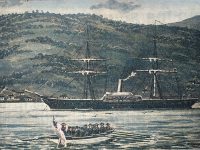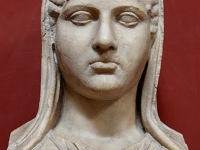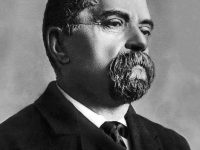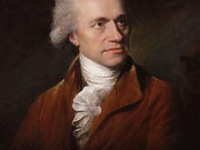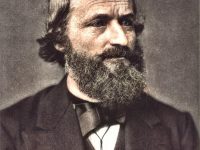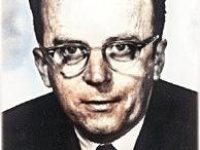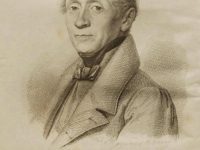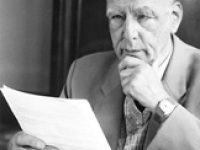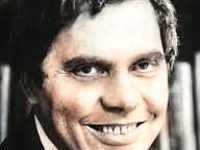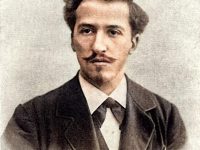Around the World with Steam Power – The HMS Driver
On March 16, 1842, the HMS Driver started the first voyage around the Earth for a steamship, finally arriving back home in Portsmouth, England, again on Friday 14 May 1847. A Circumnavigation of the Globe The first single voyage of global circumnavigation was that of the ship Victoria, between 1519 and 1522, known as the Magellan–Elcano expedition. It was a Castilian (Spanish) voyage of discovery, led initially by the Portuguese Ferdinand Magellan between…
Read more

